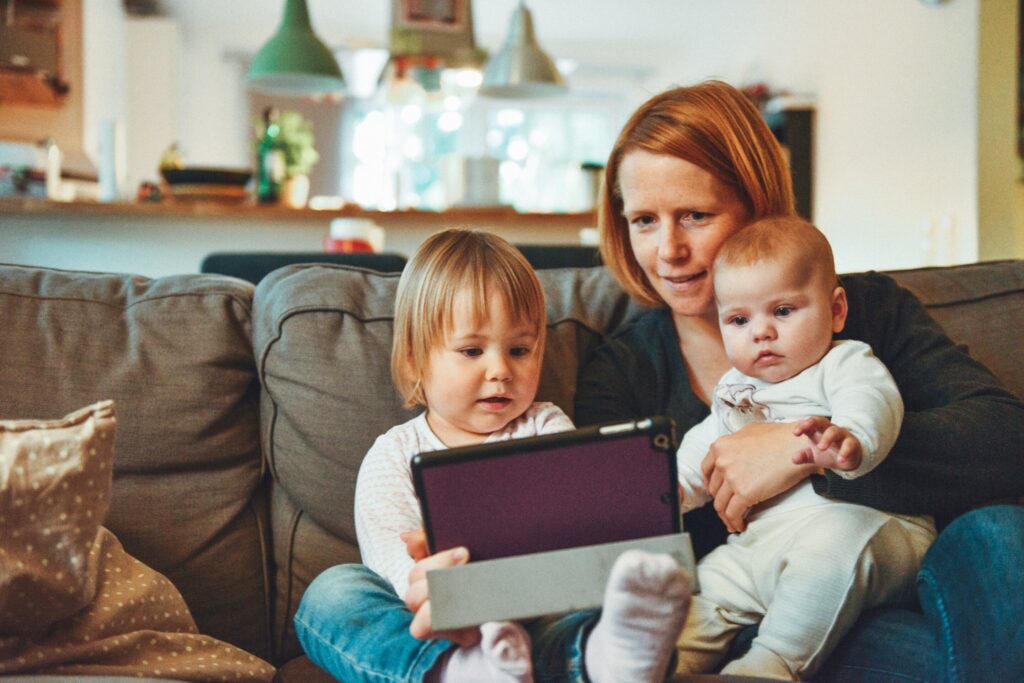A global study involving researchers from 20 countries has revealed that toddlers are spending more time in front of screens than recommended, with TV and smartphones being the most commonly used devices. The research, published in PLOS ONE, found that higher screen time is linked to lower language development scores, while reading books and sharing screen time with adults can improve language skills.
The study, titled “Use of Screens, Books and Adults’ Interactions on Toddler’s Language and Motor Skills,” analyzed data from 1,878 toddlers aged 12 to 48 months across 19 Latin American countries between 2021 and 2023. Parents reported on their children’s screen use, shared media activities, book exposure, and developmental milestones. Socioeconomic status (SES) was also considered, based on factors like access to basic needs and parental education.
Key findings showed that toddlers averaged over an hour of daily screen time, mostly watching entertainment content on TV. Background TV exposure was also common. While screen use varied little across SES and nationality, families with lower SES reported less access to books and educational resources.
The study confirmed that excessive screen time, especially passive TV viewing, negatively affects language development. Toddlers with higher screen exposure had smaller vocabularies and reached language milestones later. However, reading books and engaging with screens alongside adults were linked to better language skills. Screen time did not show a significant impact on motor development.
The findings align with pediatric guidelines, which discourage screen use for children under two and recommend limited, supervised use for older toddlers. As screen use continues to rise, particularly after the COVID-19 pandemic, the researchers emphasize the importance of shared screen engagement and educational content to reduce negative effects.
The study highlights the need for parents to balance screen time with interactive activities like reading and shared media experiences to support healthy language development in young children.






